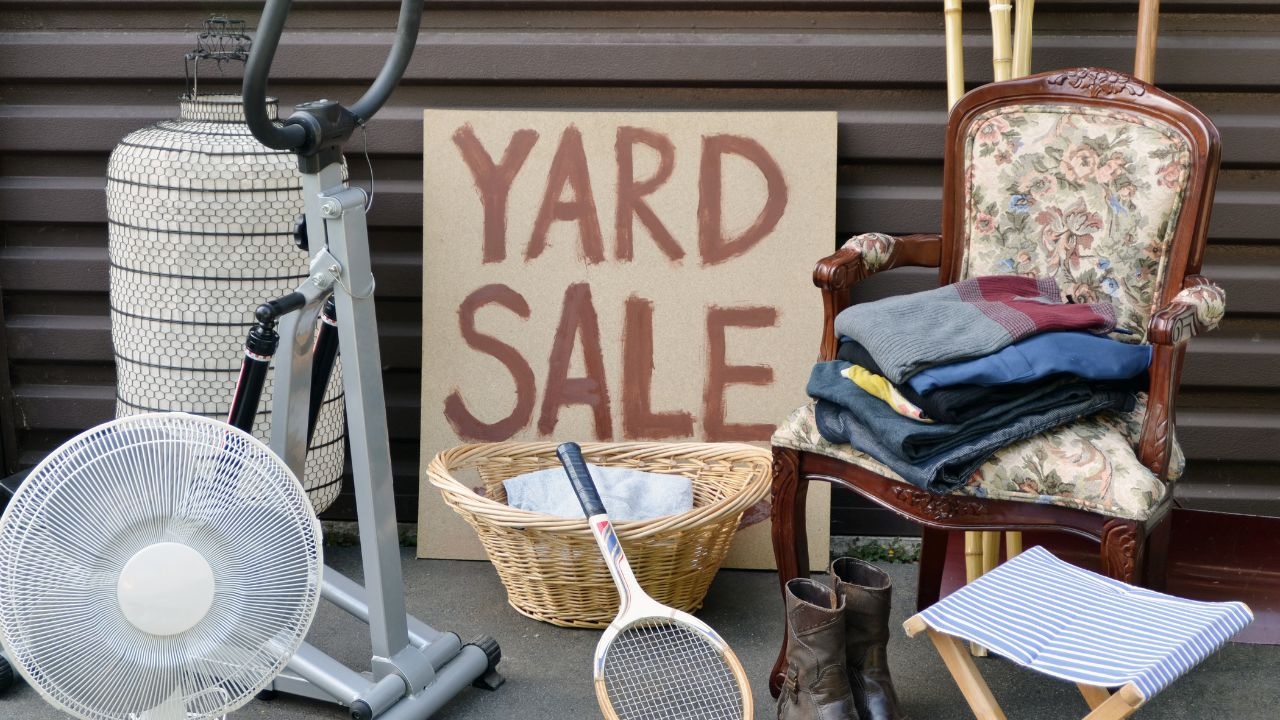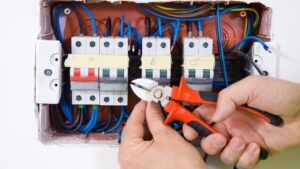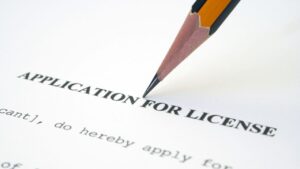From pre-loved clothes to that old gaming console you no longer use, selling second-hand items is a fantastic way to declutter and make some extra cash. But as you start snapping photos of your items to list on Carousell, a question might pop into your head: “Do I need a license for this?”
For most people, the answer is a simple: No.
The Casual Seller Vs The Business
If you are a casual seller, someone who is simply selling their own used belongings to clear out space, you do not need to register for a license. This covers the vast majority of people selling items on platforms like Carousell, Facebook Marketplace, or at a flea market.
Think of it like a digital garage sale. You’re free to sell your pre-loved clothes, old furniture, or that waffle maker you used exactly once.
When Do You Need A License To Sell Second-Hand Items?
The rules kick in when you start acting like a formal business. The key legislation here is the Secondhand Goods Dealers Act. This law is designed to prevent the trade of stolen goods by regulating businesses that buy and sell second-hand items as their core operation.
You will likely need to apply for a Secondhand Goods Dealer’s License from the Singapore Police Force (SPF) if you fit into one of these categories:
1. You Run A Physical Shop
If you open a brick-and-mortar store like a thrift shop, a vintage watch store, or a used electronics shop, you absolutely need a license.
2. It’s Your Primary Business:
If your main source of income comes from buying second-hand goods from various people and reselling them for a profit, you are considered a dealer. It doesn’t matter if your “shop” is online or a physical space. The key is that you are actively acquiring goods for the purpose of resale.
3. You Deal In Specific High-Value Items
The law is particularly strict for businesses dealing in items that are commonly targeted by thieves, such as jewellery, precious metals, watches, and electronic devices like phones and laptops.
The core idea is to distinguish between a person selling their own pre-loved belongings and a business that trades in used goods as its profession.
Regulated Goods Under The Secondhand Goods Dealers Act (SGDA)
The Secondhand Goods Dealers Act does not apply to all secondhand items. The requirement for a license is tied to a specific list of goods outlined in the Act’s Schedule.
The items listed are those with a high risk of being stolen and having a ready resale market, and the regulation is designed to deter theft and aid in the recovery of stolen property.
The list of regulated goods includes, but is not limited to, the following categories of items :
- Electronics: Cameras, video-graphic and photographic equipment, computers (including laptops, tablets, and palmtops), mobile phones, and various digital media players.
- Jewellery: Items “set with precious stones” such as diamonds, rubies, sapphires, emeralds, and jade.
- Metals and Scrap: Items and scraps made of copper, stainless steel, aluminium, steel, or brass. This specifically covers items often stolen for their material value, such as manhole covers, drain covers, park benches, and fencing.
The selective nature of this list reveals that the SGDA is not intended to oversee the entire secondhand economy, which includes common items like clothing, furniture, and books.
Applying For A Secondhand Goods Dealer License (SGDA)
The process for obtaining a Secondhand Goods Dealer License is managed by the Police Regulatory Department. You can apply for the license via SPF website.
There are three main types of licenses and notifications available, each with a different purpose and fee structure :
- Ordinary Licence: This is the standard license for permanent businesses. It is valid for one or two years, with a fee of $165 for one year or $280 for two years.
- Temporary Licence: This short-term license, costing $40, is valid for 30 days and is suitable for events like roadshows or ‘pasar malams’ at a specific site.
- Exempted Notification: This status has no expiration date as long as the registered business remains operational and the dealer is not under police investigation for any relevant offenses. There are no fees associated with this notification.
Applicants are required to submit supporting documents specific to their business operations. These may include a record from:
- The Accounting & Corporate Regulatory Authority (ACRA)
- An approved IMDA license for businesses dealing in telecommunications equipment
- URA Planning Permission for scrap metal businesses.






